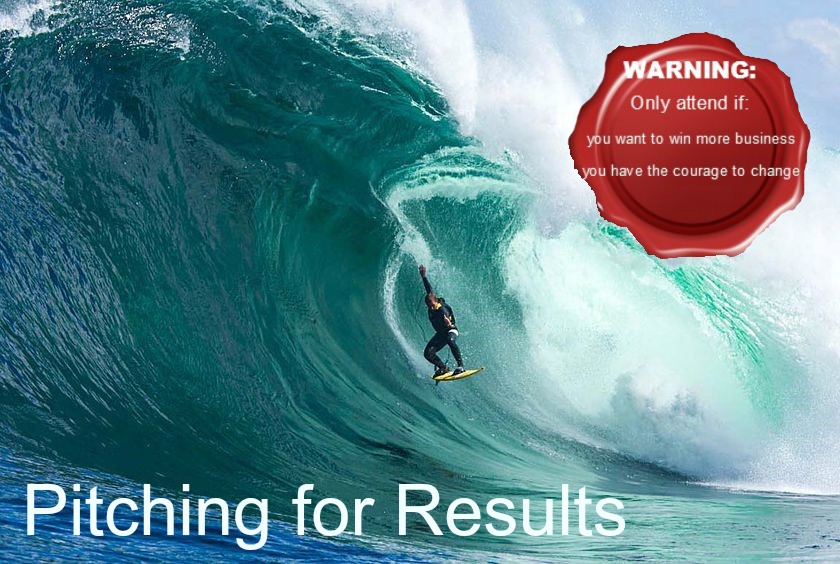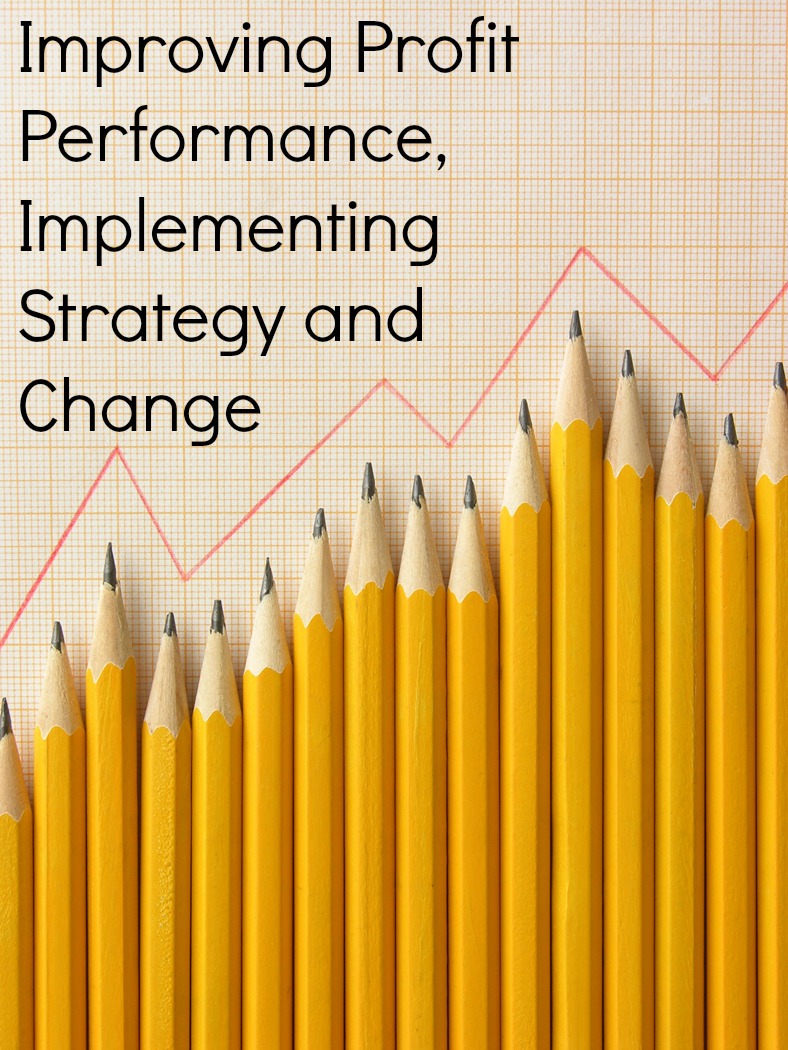Google
By Stephen Kozicki
 A certain amount of opposition is a great help to a person.
A certain amount of opposition is a great help to a person.
Kites rise against, not with the wind.
Lewis Mumford
I have just returned from doing 2 projects in Singapore and Malaysia and had the great pleasure of doing field work in both places, meeting senior managers from my client’s strategic accounts.
One of the key messages from each of those senior executives was that their business reality is changing and changing fast, that they are dealing with unprecedented competition in their markets.
One of the industries that I visited was healthcare. Senior executives in that field are facing ever increasing pressure to reduce costs. They often look at suppliers to cut margins to help them meet their hospital’s financial targets.
They’re clear that most suppliers to hospitals in most categories are now selling products that are merely evolving. No more breakthrough products, compared with a decade ago, when product innovation was revolutionary.
Your role as a senior manager in the way you bring value to your top accounts is more important today than ever before. Most industries, like the medical devices segment, are under constant pressure to reduce prices. Too many jump to price reductions and don’t look at a broader value approach.
Competition is a fact of life.
Your competitors constantly threaten your strategic accounts, so you cannot be complacent. You should analyse your key competitors identified in your account plan, and decide how you will respond (not react) to competitor activities that affect your accounts.
Capture intelligence about any key relationships that exist with representatives from your competitors. There are many industries where people tend to move around the major organisations and so have a wide range of relationships across the industry. It is critical to understand these relationships, especially those with your competitors.
You must know what level of influence they have over the buying behaviors of your account contacts.
Do two things; firstly document the products and services supplied to your strategic account by competitors. Secondly, and the harder but more critical, is understand deeply the value that your competitors bring to your major accounts.
Ask yourselves:
- Why does the competitor have some business with the account – really what is ours and their share of wallet?
- How does it fit with the strategy of the strategic account?
- Does the competitor have any competitive advantage that you need to respond to?
- Can they provide unique value beyond the products and services they provide?
- Can this value enable them to build a stronger relationship with the account and threaten your level of business or plans with the account?
Monitoring changes on a regular basis, keeps you on top of potential threats to your accounts. It can also signal a more widespread strategy from competitors that you can prepare for with your other strategic accounts.
Other organisations with whom your account deals are often overlooked in account planning. They may not be competitors or directly affect your organisation, however they can have a significant influence on how you manage your accounts. If you build good relationships with key influencers they can provide invaluable intelligence. Often they have different relationships within the account that can provide new insights. From their different relationships, they may be aware of unstated or emerging issues or opportunities.
A solid account plan, with regular reviews and all relationships monitored provides the potential to turn threats into opportunities. If your strategic account relationships or account planning processes aren’t secure and embedded, are you really prepared for the competition?
For more insights look at: http://www.gordianbusiness.com.au/strategic-account-management/ or contact us on +61 2 9450 1040 or email stephen@gordianbusiness.com.au. Please share your comments below and subscribe at the top right of the page.
 Monday, March 10, 2014 at 2:48PM
Monday, March 10, 2014 at 2:48PM  Change,
Change,  Competitive Advantage,
Competitive Advantage,  Courage,
Courage,  Diversity,
Diversity,  Gary Peacock,
Gary Peacock,  Growth,
Growth,  Leadership,
Leadership,  Research
Research 













